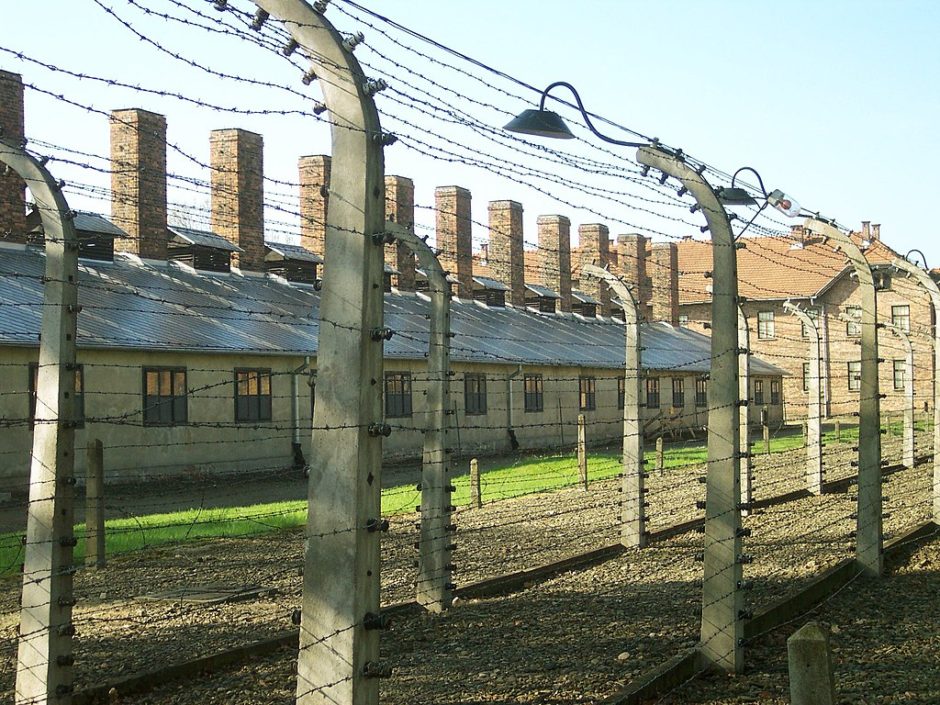To his credit, Polish President Andrej Duda has promised to review an ill-conceived bill that would essentially rewrite history, pander to Holocaust denial and stifle academic research. The legislation, passed by the lower house of Poland’s Parliament on January 26, cast a pall on International Holocaust Remembrance Day, which was observed 24 hours later.
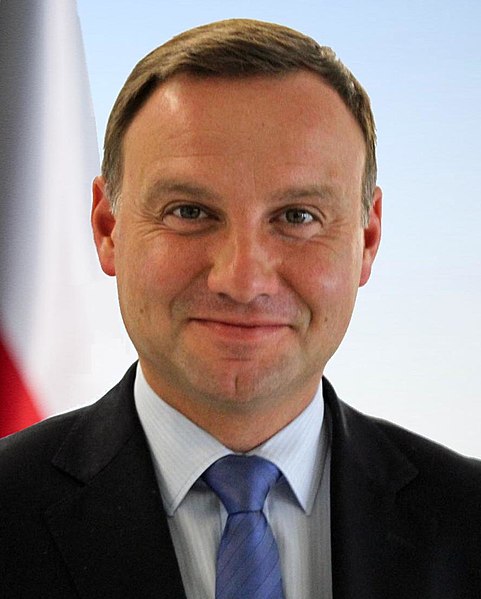
There are two parts to this generally misbegotten bill, which requires the approval of Duda and the Senate. It would be illegal to blame Poland for atrocities committed on its soil during Germany’s brutal occupation of the country from 1939 to 1945. Phrases like “Polish death camps” would be outlawed. Individuals found guilty of breaching the law would face prison terms of up to three years and would be subject to fines.
The Polish government claims the bill is not designed to whitewash the Nazi period, but to underscore the fact that the Holocaust was a German undertaking.
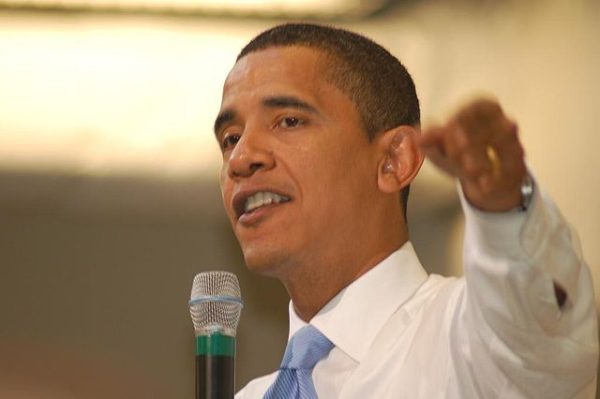
It is absolutely true that the term “Polish death camps” is “a historical misrepresentation,” as Yad Vashem, the Israeli Holocaust memorial/museum, has pointed out. One can easily understand why Poland would be upset with that grossly misleading phrase, which has been used even by the highly educated. A few years ago, no less a figure than U.S. President Barack Obama referenced it in a speech about the Holocaust, much to Poland’s understandable indignation.
Let’s be crystal clear. Concentration camps in Poland were established by Germany — not Poland. Camps like Auschwitz-Birkenau, Treblinka and Sobibor were built in Poland for the express purpose of murdering 3.3 million Polish Jews, as well as Jews from other Nazi-occupied countries in Europe.
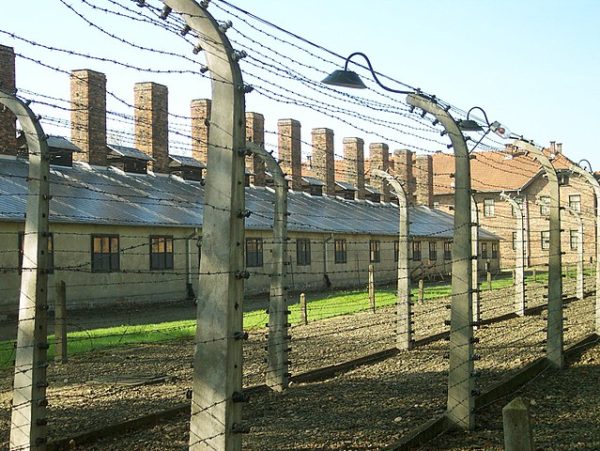
Poland had nothing whatsoever to do with the construction and management of these diabolical extermination camps. Indeed, the Polish government-in-exile in Britain condemned Nazi crimes against humanity. Since then, more than 6,000 courageous Poles who risked life and limb to help Jews during the German occupation have been recognized as “righteous gentiles” by Yad Vashem.
But as the current Polish government must surely realize, the new legislations is likely to “blur the historical truths regarding the assistance the Germans received from the Polish population during the Holocaust,” as Yad Vashem correctly states.
There is a consensus that the vast majority of Poles acted with indifference to the plight of Polish Jews during the Holocaust. A very small minority of Poles, however, collaborated with the Germans as blackmailers and members of the Blue Police, a strictly German force. Still other Poles participated in pogroms and deadly manhunts against Jews in the countryside.
Polish historians have also written about the 1941 massacre in Jedwabne, a crime perpetrated by ordinary Poles which claimed the lives of at least hundreds of Jews. And in the town of Markowa — the site of the Ulma Family Museum of Poles Saving Jews in World War II — Jozef and Wiktoria Ulma, a Polish couple who bravely harbored Jews in their home, were betrayed by a Polish citizen of Ukrainian descent who worked for the Blue Police. The Germans, having raided their house after receiving a tip from him, killed the Ulmas, their six children and the Jews they had hidden.
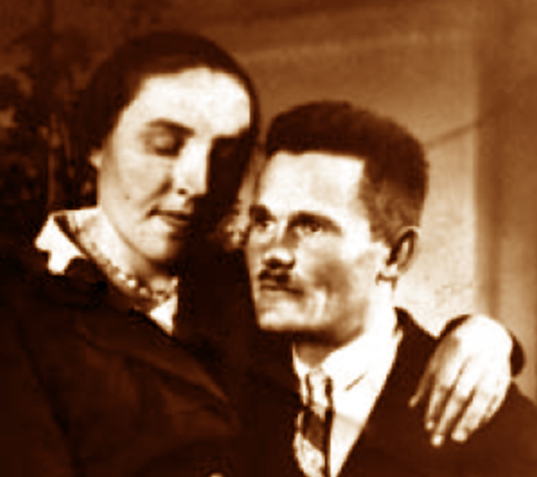
The Polish government, intent on burnishing Poland’s international image, appears to believe it can achieve this objective by twisting or suppressing ugly truths and by intimidating historians, Polish or otherwise, who write about the Holocaust in Poland. But what Poland is now pursuing through legislation is, in effect, a form of Holocaust denial.
President Duda is well placed to alter this offensive bill, and he should do so at the first opportunity. Poland, of all countries, should not demean itself and the memory of Holocaust victims by passing legislation that would do much more harm than good.

Poland can learn a lesson from Austrian Chancellor Sebastian Kurz, who marked International Holocaust Remembrance Day by recalling Austria’s “historic responsibility” in the mass murder of Jews during the war. As he said in a commendable speech, Austrians rapturously welcomed Germans troops when they marched into Austria in 1938, and Austrians “were associated with atrocious crimes of the Holocaust.”
Poles, too, were complicit in the Holocaust. The sooner Poland recognizes and internalizes this facet of its past, the better off it will be.
